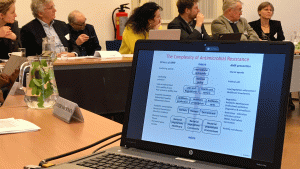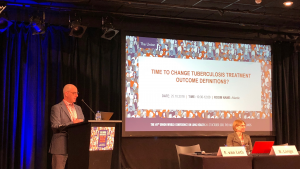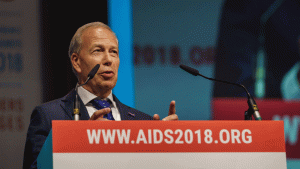Constance Schultsz led the establishment of the public- partnership, AMR-Global. AMR-Global seeks to establish relationships with academia and organizations within and outside the Netherlands to address antimicrobial resistance (AMR) around the world. AMR-Global seeks to conduct sustainable and collaborative research with input from various knowledge domains, disciplines, and industry sectors. The partnership focuses on critical factors such as local value, affordability, sustainability and health market- and health system uptake.
AIGHD is also one of the organizations that signed the Call to Action for awareness on antimicrobial resistance (AMR) in the Netherlands on June 20, 2019. This Call to Action stressed public awareness and a stronger connection between science, policy and society, at both national and international level.
AIGHD is part of a collaborative network that will leverage collective expertise to impact antimicrobial resistance around the world. A letter of intent between the Dutch consortium AMR-Global and CAMP (Centre for Cellular and Molecular Platforms) in India marked a formal collaboration between the two groups. Combining their respective expertise, AMR-Global and C-CAMP will accelerate research and innovation.



